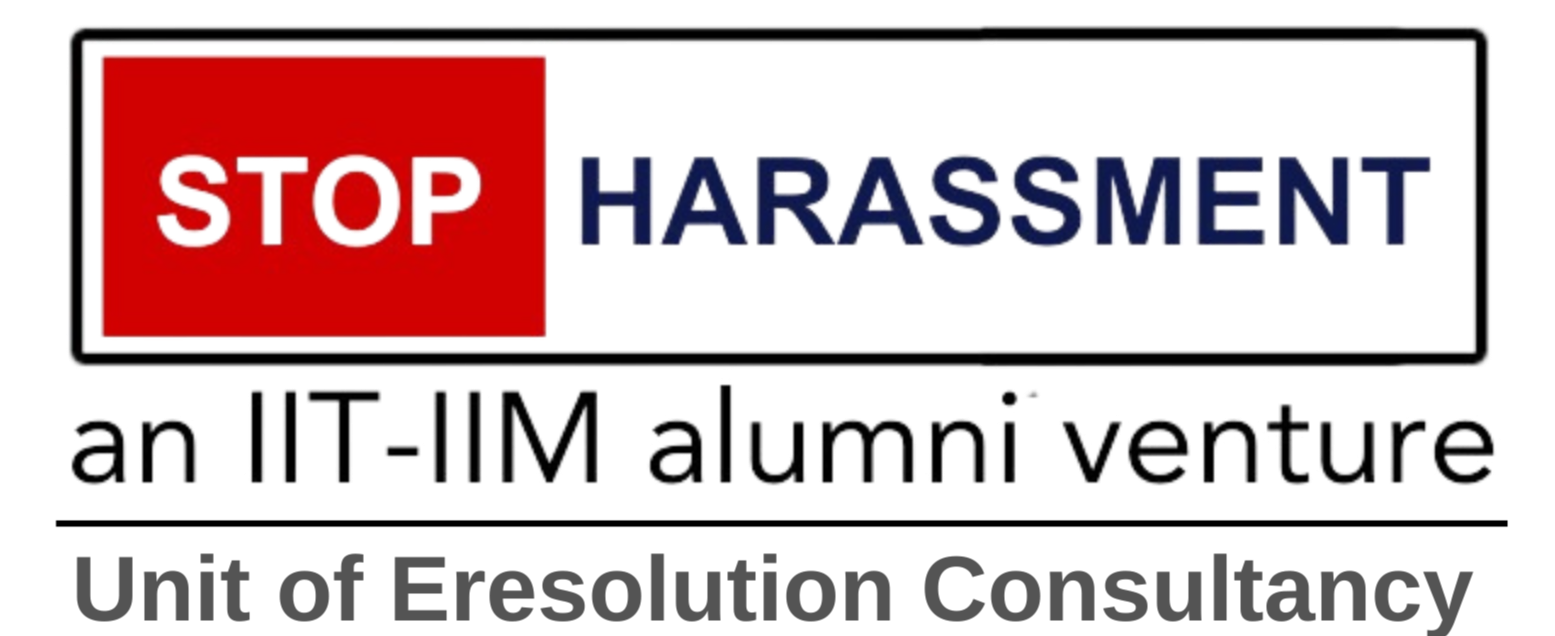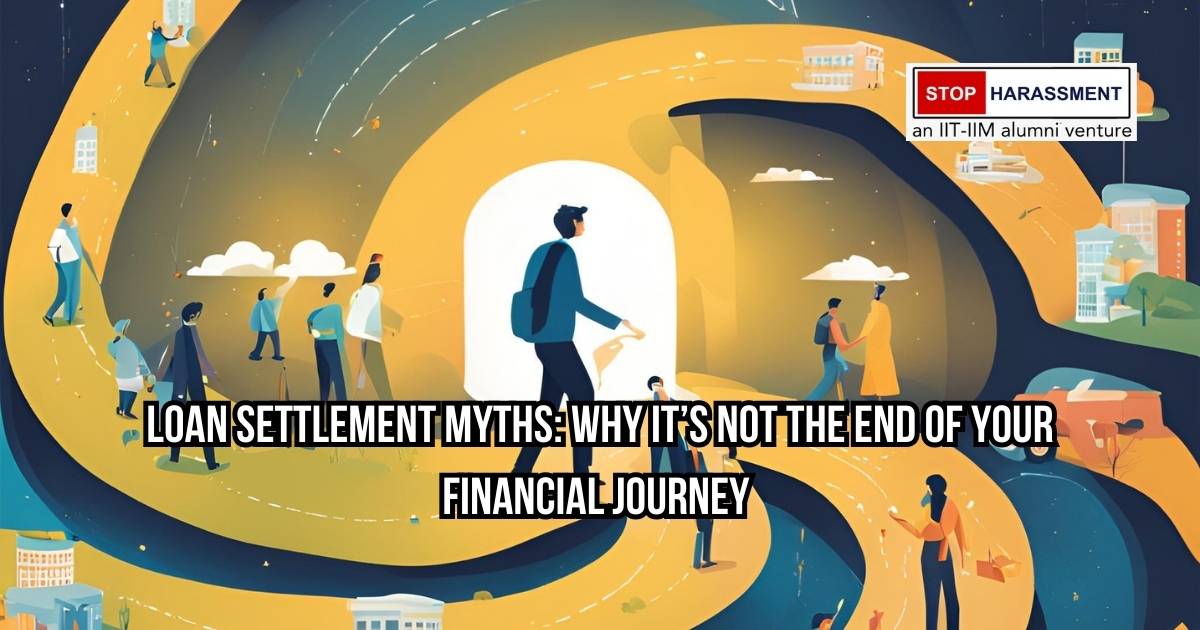· Loan Settlement Harassment · 3 min read
The Role of Consumer Protection Agencies in Handling Loan Settlement Harassment Cases
Consumer protection agencies play a crucial role in protecting borrowers from harassment during loan settlements, ensuring ethical practices and grievance redressal.

The growing accessibility of credit cards and personal loans has allowed many people to fulfill their personal and business aspirations. However, the ease of borrowing can sometimes result in financial strain, leading some borrowers to default on payments. In these situations, lenders may offer loan settlements as a way for borrowers to clear a portion of their debt and avoid legal consequences. Unfortunately, some creditors employ aggressive recovery tactics that border on harassment. This is where consumer protection agencies come into play, safeguarding borrowers from unfair practices and upholding their rights.
What is Loan Settlement?
Loan settlement is an arrangement in which a borrower negotiates with their lender to pay off a portion of the outstanding debt, which the lender agrees to accept as full settlement of the loan. While this may ease the borrower’s financial burden, the process can be marred by continuous calls, pressure tactics, and even threats from recovery agents. Such harassment can be overwhelming and lead to serious emotional distress, which consumer protection agencies are mandated to prevent.
The Role of Consumer Protection Agencies
Consumer protection agencies act as advocates for borrowers, helping them navigate the challenges of loan settlement while ensuring that creditors adhere to fair practices. Here’s how these agencies help borrowers facing harassment:
1. Establishing a Legal Framework
Consumer protection laws outline a strict framework that recovery agents and creditors must follow. For instance, the Reserve Bank of India (RBI) has issued detailed guidelines that prohibit aggressive recovery tactics and ensure debt collectors act within ethical boundaries. By enforcing these regulations, consumer protection agencies ensure that lenders respect borrower rights and avoid abusive practices.
2. Providing Grievance Redressal Platforms
Consumer protection agencies provide borrowers with accessible channels to voice complaints about harassment. In India, for instance, borrowers can report harassment to the Banking Ombudsman, which investigates grievances and facilitates resolution. This process ensures that both the borrower and lender have an equal opportunity to present their cases, leading to a fair outcome.
3. Enforcing Ethical Debt Collection Practices
Consumer protection agencies promote ethical collection methods, holding lenders accountable to codes of conduct and training recovery agents on handling sensitive cases. This includes providing debt collectors with guidelines on how to engage with borrowers who may be facing financial difficulties, thereby fostering respectful communication and preventing undue stress for borrowers.
4. Imposing Penalties for Violations
When lenders or recovery agents repeatedly violate ethical standards, consumer protection agencies can impose penalties, including fines or suspensions of licenses. These actions deter other creditors from adopting similar practices and send a strong message that harassment will not be tolerated.
Steps for Borrowers to Seek Help
If you find yourself harassed during the loan settlement process, here are steps you can take to seek help from consumer protection agencies:
Document Evidence: Keep detailed records of calls, messages, and any encounters that indicate harassment. This will help build a strong case if you file a complaint.
File a Complaint: Visit the consumer protection agency’s website or office to register a formal complaint. Ensure you have all supporting evidence to expedite the process.
Seek Mediation: Many consumer protection agencies offer mediation services to help borrowers and lenders resolve disputes amicably without the need for prolonged legal action.
Stay Informed of Consumer Rights: Awareness of fair recovery practices and borrower rights can empower you to identify and address harassment effectively.
Conclusion
Consumer protection agencies play a crucial role in protecting borrowers from harassment during loan settlements. Through enforcement of regulations, grievance redressal mechanisms, and consumer education, these agencies maintain a balance between debt recovery and borrower rights. By taking proactive steps and staying informed, borrowers can effectively protect themselves from harassment and ensure a smoother, more respectful loan settlement process.



.BRHoz0Cm.jpg)